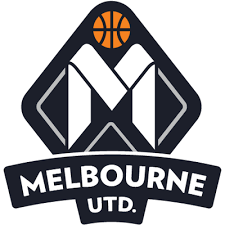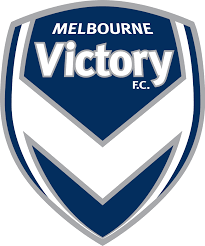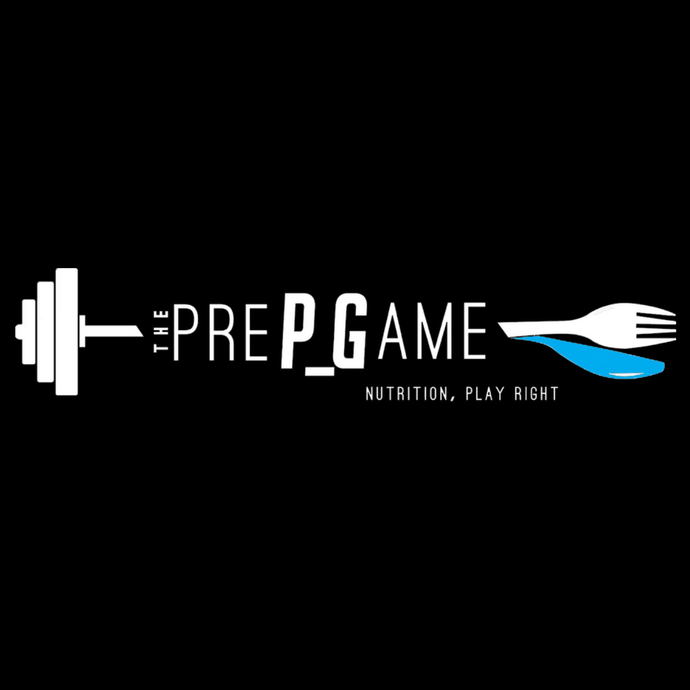Salmon Patties Image by Rebecca Doyle from Bec Doyle Photography (from the book Eat Right for Your Life)
Ever wondered what your favourite sportspeople eat after training or competition? Elite athletes have specific nutrition and hydration goals post-exercise to ensure they recover for their next session or event. An athlete's recovery meal will be tailored to meet the specific need of the sport, and the goals and preferences of the individual.
We have heard from Lisa Weightman, Olympic marathon runner, in a previous blog post and gained an insight into her approach to nutrition Marathon Running Nutrition - with Rio-bound Olympian Lisa Weightman. Lisa mentioned that her favourite recovery meal is her mum's salmon patties, and she was generous enough to share the recipe with us (hope she checked with her mum!! Recipe further on). These salmon patties contain all the components that are important for athlete recovery, and believe it or not, they are not even dairy-free or wheat-free or low-fat or 'free' anything else, they are just nourishing home-cooked food. Plus they tick all the boxes for recovery, providing the key nutrients:
Protein
Carbohydrate
Healthy fats
Vitamins/antioxidants
What do some of our top Australian athletes eat?
There are plenty of great options that can make the perfect recovery food. It's great to understand the theory about the nutrients required post-exercise but the meal also needs to taste good if an athlete is going to choose it regularly as a recovery option. It was great for Lisa to share her favourite post-run meal with us, and this got me thinking about other athletes from different sports and what they personally choose for recovery. So I asked them! Here are the favourite recovery meals from some of Australia's best athletes, if you want to know more about the athlete simply click on their name:
Todd Blanchfield - Professional Athlete at Melbourne United Basketball Club and Emerging Boomers Australian team
Favourite recovery meal: Grilled chicken with rice
Todd has a great understanding of foods for recovery and makes sure his organized with food ready to go after training and games. He is handy around a BBQ, which is a great way to cook meat, chicken and fish for a quick and easy meal after training. Combine with vegetables or salad and some sweet potato, corn, rice or quinoa for re-fuelling.
Alexander Carew – Australian 400 metre runner
Favourite recovery meal: Burritos
Track athletes train hard and need to recover well. 'One of my favourite post-training meals is making burritos, a great one to add a variety of vegetables to the daily intake.
It's a great option because it's simple to prepare and easy to make lots. Sometimes it's hard to predict exactly how much you'll need after a day of training, so this meal you can always go back for seconds (and thirds) if that's what your body requires! And if you're not a bottomless pit, like I am, you may even have enough for lunch tomorrow!
My favourite race day food is protein pancakes (1 egg, cup of oats, a little water and a scoop of Sustagen Sport). But that's normally pre-race.'
Simon Clarke - Professional Cyclist, Cannondale Pro Cycling
Favourite recovery meal: Tuna and rice
Road cyclists burn a lot of energy, and recovery nutrition is especially critical for heavy training phases and multi-stage events. Many professional teams have their own private chefs, but meals don't necessarily need to be complicated. With timing being important for recovery, quick and easy works well, or try to prepare ahead of time.
'My favourite post stage race (ie. Tour de France) recovery meal is a protein shake made with half rice milk and half water, then a bowl of rice with a tin of tuna and a little bit of balsamic glaze for taste'.
Glenn Manton – Speaker, Author and Athlete (various sports, from AFL to bobsled!)
Favourite recovery meal – Banana smoothie
'I can't begin to describe how much I enjoy eating (not drinking) my banana smoothie post training. It weighs more than most of the weights I lift!'
'Clean, fresh, organic and healthy' is how Glenn describes his vegetarian-style approach to nutrition, he loves to eat tasty and fresh food. Glenn's smoothie is no ordinary banana smoothie - it's a giant! Glenn is aware of including some protein and carbohydrate and likes to mix it up. His standard ingredients include a non-dairy milk base like almond milk or rice milk, bananas, granola, nut butter, mesquite powder and a vegetarian protein powder.
If you want to learn more about Glenn's approach to fitness, nutrition and overall health and well-being, check out his, and other athlete, programs at Better Body 12 weeks.
Leigh Montagna – Professional Athlete at St Kilda Football Club, Director of Football - Boost Sport
Favourite recovery meal - Pizza (healthy-style)
'Good mix of fats, carbs and protein, and easy to get down as a snack straight after a game. I try to go for the higher protein toppings like chicken. My motto is "if you deserved it, treat yourself"....not every week but more likely after a win!
'My next proper meal post-game is never the same. I might go out for dinner or have something in the fridge, anything from burritos, to a chicken dish or a pasta. It just depends what I feel like. I really sharpen up and eat healthy the rest of the week in the lead up to the next game.'
Jessica Morrison - Athlete at Mercantile Rowing Club and VIS Rowing (previously AIS Swimming)
Favourite recovery meal: Smoothie (oats, FC milk, yoghurt, honey & chia seeds) & scrambled eggs on toast.
Typically rowers burn a lot of energy in morning training so recovery nutrition needs are high.
'My smoothie takes two seconds to make, I enjoy it while I am making eggs. It's instantly satisfying & eggs provide good sustenance & I like something warm with a bit of protein after training. Sometimes I'll make the smoothie with chocolate milk & would normally have all of this after a morning row.
I eat to train, not train to eat!'
Madi Robinson - Athlete at Melbourne Vixens Netball Club and Australian Diamonds Team member
Favourite recovery meal: Varies!
Madi is super passionate about good nutrition and knows the benefits that eating well can bring for health and performance (check out Madi's great website by clicking on her name).
'Straight after a game I have a protein shake and two rick cakes with peanut butter and banana. I then have my main meal within 2 hours of the game for home games and this can be:
Chicken burger with salad
OR
Fish or chicken with veggies (beans, broccoli, sweet potato) cob of corn
OR
Sweet potato - with chicken, beans, spinach & salad
To rehydrate, I have an SOS rehydrate sachet after matches to help replenish my fluid losses. I sweat a lot and change dresses at half time so its important I not only get the right food into my body but also fluid as well to recover'.
Jessica Rothwell – Australian Race Walker and Accredited Practising Dietitian
Favourite recovery meal – Oats with yoghurt, fruit and toppings
Jess is a hard-working athlete, and knows a bit about nutrition being a dietitian herself. Note the use of herbs and spices in her recovery meal.....
‘My favourite breakfast after a morning training session is milky soaked salted oats, heaped with natural yoghurt, blueberries, cinnamon & sprinkled with nuts & seeds.
I like to alternate the blueberries with grated apple or banana & use nutmeg, cocoa, vanilla bean or mint depending on the fruit! For additional energy I will add in tahini, honey or more nuts!
I enjoy this because its nutrient dense, providing nearly all 5 food groups, delicious & versatile! The dairy is helpful for maintaining my lean muscle mass, bone health, refueling & very hydrating.
Bircher muesli is also convenient to transport in a portable container if you’re on the go & making a big batch is an effective way of saving time!’
Prue Rothwell – Cyclist with National Road Series team Bikebug – NextGen Racing
Recovery meal - Colourful vegetable/rice/protein bowl
Prue is passionate about wholefood nutrition, cycling and farmers' markets, a great combination for optimal recovery for an athlete.





































